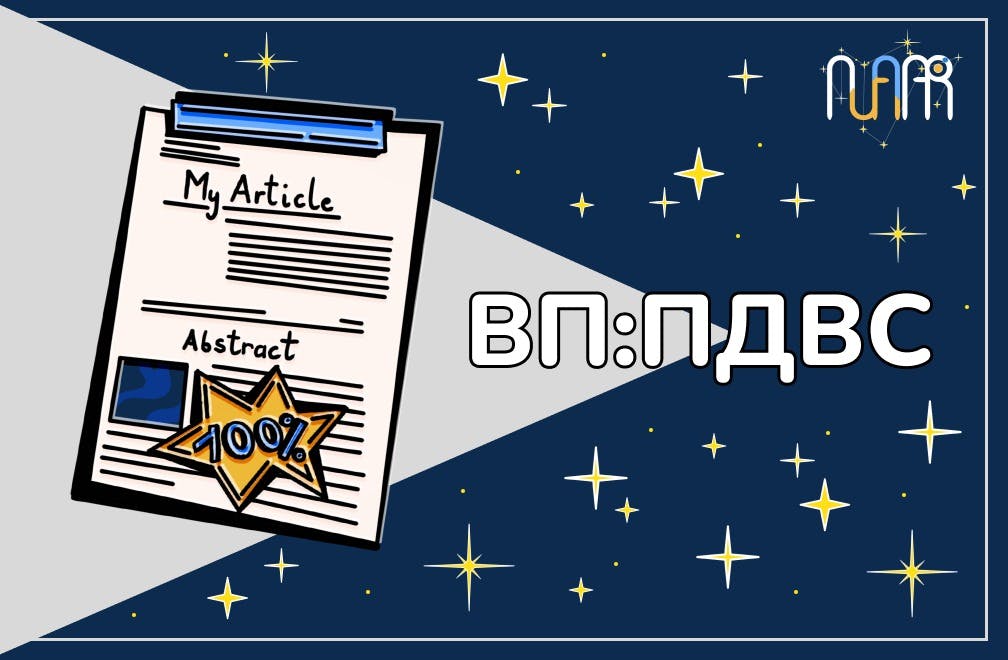Wikipedia Project: Improving Good and Featured Articles

Some figures
Start date: July 1, 2023
End date: December 29, 2023
Participants: (as of October 17, 2023) 17 Wikipedia users including 2 members of our Wikipedia team.
Project goal and tasks
The goal of the project is combined:
Systematically fix quality issues for some Good articles, Featured articles, and Featured Lists that have this status but do not meet the criteria and may lose it at any time.
To facilitate the part of articles that meet the criteria of Good/Featured but do not yet have this status, to receive it.
To draw the attention of the Wikipedia community to the writing of Good and especially Featured articles.
Tasks:
Fix problems in 8 Featured lists (Category 1).
Fix problems in 49 Featured articles (Category 2).
Correct 299 Good articles (Category 3).
Improve 32 Good articles to Featured ones (Category 4).
Improved 105 selected articles to Good ones’ status (Category 5).
Total – 493 articles.
All tasks are currently in progress.
Key organisers and project executors
Organisers: Dmytro Tvardovskyi, Sofia Diachenko, Wikimedia Ukraine.
Executors: active users of Ukrainian Wikipedia
Project outcomes
As of November 2, 2023:
Category 1 – 5 articles (63%)
Category 2 – 6 articles (12%)
Category 3 – 9 articles (2%)
Category 4 – 0 articles (0%)
Category 5 – 0 articles (0%)
Cool facts
This project is an integral part of Wikipedia's systemic improvement process, which aims to contribute to the improvement of some key indicators of Wikipedia, which will later be detailed in our analytical study "Why do Wikipedians stop editing Wikipedia?".
This one is our first partnership project. It is implemented jointly with Wikimedia Ukraine.
With a high degree of probability, this project is the longest in terms of duration, the largest in terms of the number of articles, and the most complex in the history of Ukrainian Wikipedia.
It is also the first project that is a competition and has prizes. For each completed article, depending on the complexity of the task, the project participant is awarded 5 to 25 points. For the finalization of articles from the first three categories, points are awarded immediately after the article's review by a jury member. For improvement of articles of categories 4 and 5, i.e., "increasing the status", points are awarded because the article receives the status of Good or Featured.
All participants who score at least 20 points will receive prizes. As the number of accumulated points increases, the value of the prizes increases.
Project conclusions
It drew the Wikipedia community's attention to the problems in the seemingly best articles. Several dozens of articles have already been improved, which is much more than in previous years.
However, translating this into a percentage of the task, it becomes evident that Wikipedia cannot implement such strategic large-scale projects. This fact is even though it is far from the first planned strategic project and not even the second in scope of work.
Message from the CEO of NUAAR
The work of our new Wikipedia department has started with new rules, methods, and tasks. The main emphasis is not on the number of articles but on their quality. Also, even before the formation of a new team, the idea started solving the systemic problems of Wikipedia, which had already begun to prevent us from working more efficiently.
Initially, this project was not planned to be included in the strategically crucial list for improving Ukrainian Wikipedia. However, analyzing the current state of Good Articles, Featured Articles, and Featured Lists found that almost one in three still need to meet the current criteria. Moreover, one or several articles are regularly nominated for deprivation of status. Given that the indicators of the Ukrainian Wikipedia in terms of the number of "status" articles in relation to the total number are far from the highest, it is worth improving the articles and maintaining their status. Accordingly, it was decided to include this project in the plan and start it first.
Preparation for the project began on June 9. Since it was immediately apparent that the project would be massive, it took six months to implement it. In negotiations with Wikimedia Ukraine, we decided to make this project a contest with prizes, potentially increasing audience engagement and, accordingly, the chances of success. Although, speaking personally, even I underestimated the initial scale. As a result, the project's scope amounted to almost 500 articles. However, since I was already doing analytics, I understood that Wikipedia had approximately 3,500 active users. Even if we leave out these 3.5 thousand, only those who actively edit and simultaneously write high-quality articles can follow the rules of writing Good and Featured articles – this will be about 50 users. Also, according to my expectations, some newcomers should have been added. That is, there are ten articles for each user.
Moreover, this is about one article in 2.5 weeks. Especially since it is not to be written from scratch but to correct clearly defined shortcomings, that sounds like not so much.
However, in the project's first week, it turned out that everything was more complex and challenging than it was thought. I now assess the project as a downright failure since only eight articles, i.e., 1.6%, were improved during the first out of three stages, which lasted two months. In other words, it will take more than ten years to complete this project at this pace. Moreover, within Wikipedia, almost all possible tools of communication and dissemination of information about the project were used. In particular, the second stage gives a much better result, but even if we continue to work at the maximum pace during this project, it will be about 10% ready by December.
Related projects
School of Reviewers
Wikipedia Project: Addition of Notability Criteria
